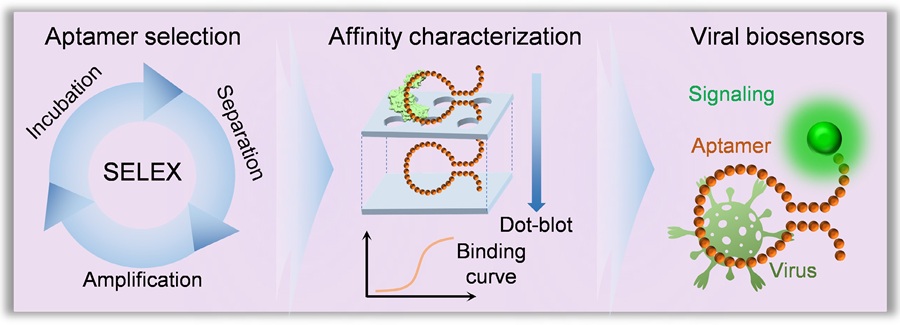Digital PCR Chosen to Develop Leukemia Test
By LabMedica International staff writers
Posted on 04 Feb 2013
A general method called “limiting dilution polymerase chain reaction (PCR)” was developed for quantifying PCR targets. This method was subsequently used for the quantification of marker mutations in acute leukemia.Posted on 04 Feb 2013
By diluting DNA samples so that only one or two copies per well were present and then amplifying those copies with PCR, scientists were able to detect two copies of leukemic DNA against a background of 160,000 normal genomes.
The team then reported that the outcome of acute leukemia can be predicted by measuring the response to treatment using limiting dilution PCR to quantify the leukemic cells at high sensitivity. Prof. Alec Morley and his lab at Flinders University and Medical Center in Adelaide (SA, Australia) then used real-time quantitative PCR (qPCR) to develop a highly sensitive method for isolating and quantifying the chromosomal translocation that is typically associated with chronic myelogenous (or myeloid) leukemia (CML), also known as chronic granulocytic leukemia (CGL), a cancer of the white blood cells. It is a form of leukemia characterized by the increased and unregulated growth of predominantly myeloid cells in the bone marrow and the accumulation of these cells in the blood.
Because the translocation point for each patient is different in CML, real-time PCR conditions may vary from patient to patient and may therefore produce different results. Therefore, real-time PCR conditions may vary from patient to patient and may therefore produce different results. The lab has now returned to digital PCR.
Monoquant, a company associated with Flinders University, used Bio-Rad’s (Hercules, CA, USA) QX100 system to refine the new clinical test for CML. Not only does the instrument offer high sensitivity but also removes variability in amplification efficiency that results from using patient-specific PCR primers, a traditional sticking point for the US Food and Drug Administration (FDA; Silver Spring, MD, USA). Monoquant hopes the results from the QX100 system will fast-track the FDA approval process for its test.
Related Links:
Flinders University and Medical Center in Adelaide, South Australia
Monoquant
Bio-Rad













